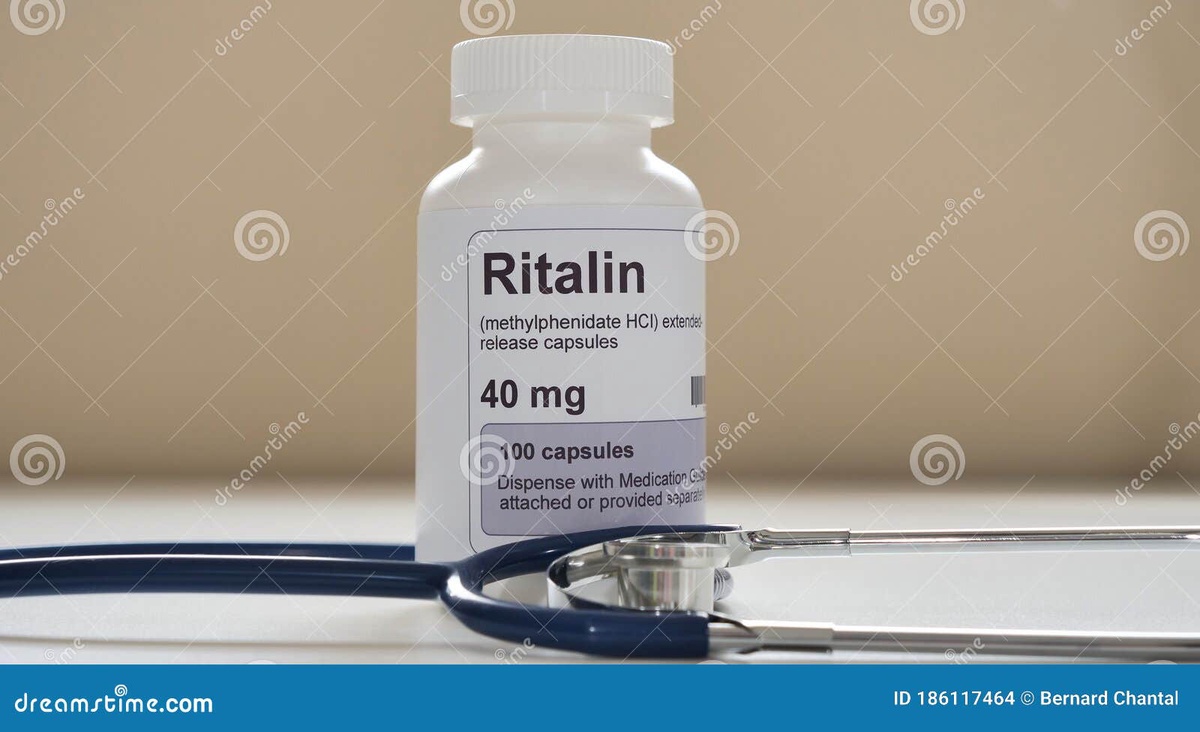I. Introduction
Ritalin, a medication primarily known for its use in Attention Deficit Hyperactivity Disorder (ADHD), has become a topic of increasing debate and scrutiny. This article aims to provide an in-depth exploration of Ritalin prescription, addressing various aspects from its mechanism of action to the controversies surrounding its usage.
II. Understanding Ritalin
Defining Ritalin and its Primary Use
Ritalin, also known as methylphenidate, belongs to a class of drugs called stimulants. It is commonly prescribed to manage symptoms of ADHD, a neurodevelopmental disorder characterized by inattention, hyperactivity, and impulsivity.
How it Works in the Brain
Ritalin acts on the central nervous system, increasing the levels of neurotransmitters like dopamine and norepinephrine. This, in turn, helps regulate attention and impulse control.
III. Conditions Treated with Ritalin
ADHD and its Prevalence
ADHD affects people of all ages but is often diagnosed in childhood. Ritalin is a frontline treatment for managing ADHD symptoms, with millions of prescriptions written annually.
Other Medical Conditions Where Ritalin is Prescribed
Apart from ADHD, Ritalin may be prescribed in certain cases of narcolepsy and other conditions characterized by attention and focus challenges.
IV. Ritalin Dosage Guidelines
Different Dosage Forms and Strengths
Ritalin is available in various forms, including immediate-release and extended-release tablets. Dosage strengths vary, and the selection depends on individual needs and response.
Factors Influencing the Prescribed Dosage
Healthcare professionals consider factors such as age, weight, and the severity of symptoms when determining the appropriate dosage.
V. Potential Side Effects
Common Side Effects
Like any medication, Ritalin may cause side effects, including insomnia, loss of appetite, and increased heart rate. These effects are generally mild and temporary.
Rare but Serious Complications
In rare cases, individuals may experience severe side effects such as allergic reactions or cardiovascular issues. It is crucial to promptly report any unusual symptoms to a healthcare provider.
VI. Effectiveness and Controversies
Success Stories of Ritalin Usage
Many individuals with ADHD report significant improvements in focus and impulse control with Ritalin. Success stories highlight its positive impact on daily functioning.
Debates Surrounding its Long-term Impact
Despite its efficacy, concerns about the long-term use of Ritalin persist. Some argue that potential risks and unknowns should be thoroughly examined.
VII. The Ritalin Prescription Process
Steps Involved in Getting a Ritalin Prescription
The process typically involves a comprehensive evaluation by a healthcare professional. Diagnosis, medical history, and lifestyle factors are considered before prescribing Ritalin.
The Role of Healthcare Professionals
Doctors, psychiatrists, and other healthcare providers play a crucial role in ensuring appropriate prescription and monitoring of Ritalin usage.
VIII. Ritalin Alternatives
Non-pharmacological Approaches
For those seeking alternatives or complementing strategies, non-pharmacological approaches such as behavioral therapy and lifestyle modifications are worth exploring.
Other Medications for Similar Conditions
Several medications, including different stimulants and non-stimulants, are available as alternatives for managing conditions like ADHD.
IX. Tips for Managing Ritalin
Lifestyle Adjustments for Enhanced Effectiveness
Incorporating healthy lifestyle habits, such as regular exercise and a balanced diet, can complement the effects of Ritalin.
Common Misconceptions and Clarifications
Addressing common misconceptions about Ritalin, such as its potential for abuse or the idea that it fundamentally changes personality, can foster a better understanding.
X. Legal and Ethical Considerations
The Regulatory Landscape of Ritalin Prescription
Regulations govern the prescription and distribution of Ritalin to ensure responsible use and minimize potential misuse.
Ethical Concerns Related to its Usage
The ethical considerations surrounding Ritalin use involve issues like overdiagnosis, potential societal pressure, and the impact on personal autonomy.
XI. Real Stories: Ritalin Experiences
Personal Anecdotes from Individuals Using Ritalin
Sharing firsthand experiences provides valuable insights into the diverse ways Ritalin affects individuals and their lives.
Diverse Perspectives on its Impact
While some individuals credit Ritalin for transformative positive changes, others may share challenges and nuanced experiences.
XII. Ritalin and Education
The Role of Ritalin in Academic Settings
Exploring how Ritalin is used in educational contexts, including its impact on academic performance and potential challenges.
Balancing the Benefits and Challenges
Examining the delicate balance between the benefits of improved focus and potential challenges, such as stigma or pressure to perform.
XIII. Ritalin and Mental Health
Exploring the Link between Ritalin and Mental Well-being
Considering the interplay between Ritalin and mental health, acknowledging both positive and potential negative effects.


No comments yet